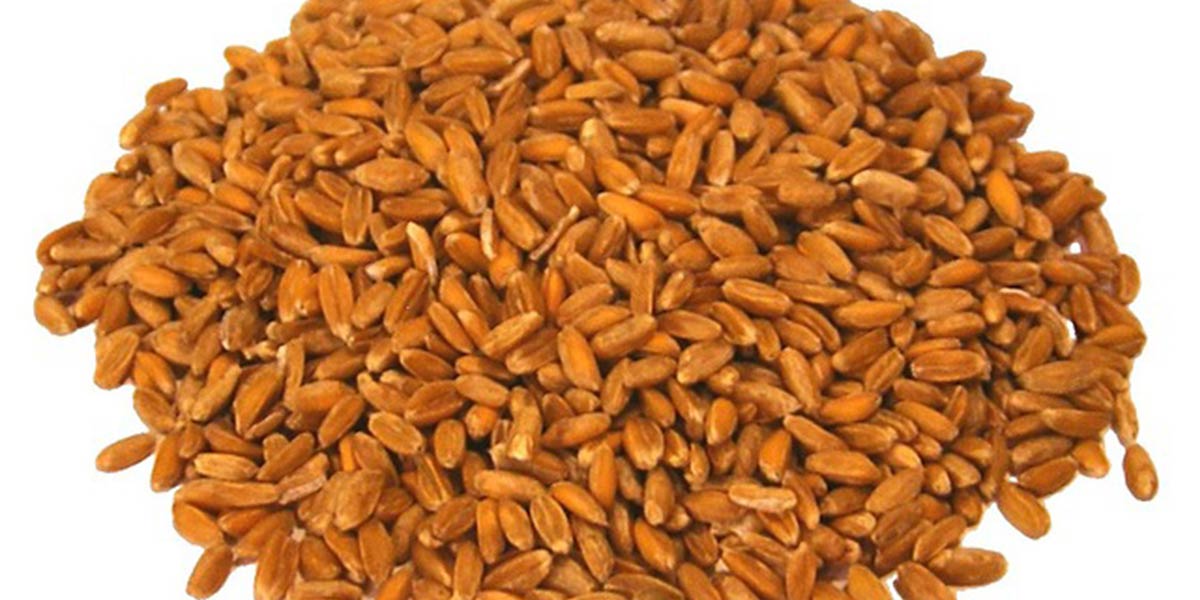Dietary Fibre has only recently been recognized as a critical component of food. Research in the past few decades has demonstrated the importance of adequate fibre consumption, clearly showing its impact on the prevention of various diseases.
Fibre is broadly defined as the portion of plant material that cannot be digested by humans. Fibre is a broad term that covers two distinct categories – Soluble Fibre and Insoluble Fibre.
Soluble Fibre dissolves in water to form a viscous gel, and as a result of this has a number of benefits. Insoluble fibre on the other hand passes through the digestive tract unchanged. However, it tends to absorb water, increase stool bulk, and ensures healthy digestion.
There are various kinds of soluble fibre found in foods such as oats, lentils, apples, fenugreek seeds, flaxseed and beans. The various types of soluble fibre have a number of health benefits, some of which are listed below:
- Reduction of Bad Cholesterol (LDL): There are two mechanisms in which soluble fibre decreases LDL. Soluble fibre binds LDL in the intestine and prevents its absorption, thereby decreasing the intake of cholesterol through food. The second, more specific mechanism involves binding to bile. Soluble fibre binds to bile during digestion and prevents its reabsorption by the intestine, which causes bile to be excreted. This makes the liver produce more bile salts, which requires cholesterol. Therefore, the more bile produced, the larger the amount of bad cholesterol taken out of the bloodstream.
- Maintenance of Blood Sugar: Soluble fibre decreases the absorption of glucose from food, thereby slowing down glucose diffusion from the digestive tract into the bloodstream. This leads to a gradual increase in blood sugar, and helps maintain constant blood sugar levels. Some studies show that a high fibre diet containing 50% soluble fibre significantly improved blood sugar levels in type 2 diabetics over a 6 week period.
- Promotes Digestive Health: While humans cannot digest soluble fibres, they can be digested by the probiotic (healthy) bacteria living in our digestive tracts. Billions of beneficial bacteria colonize our digestive tract and help with digestion and the prevention of disease. A healthy population of probiotic bacteria helps prevent stomach infections and helps maintain a healthy digestive tract.
The benefits of insoluble fibre arise from the ability of these substances to absorb moisture, increasing the volume of matter moving through the digestive system. Some benefits of insoluble fibre are listed below:
- Increases regularity, relieves constipation: By increasing the volume of fecal matter through the absorption of water, insoluble fibre softens stools and increases regularity. The constant movement of food through the digestive tract helps relieve constipation.
- Prevention of Diverticulosis: Diverticulosis is a condition in which there is an out-pouching of the inner wall of the colon. Due to the low intake of fibre, the overall fecal mass passing through the colon is low, which leads to a lower diameter of the colon. This decrease in colon diameter causes a dramatic increase in the pressure exerted on its walls leading to this condition. Diverticulosis can lead to a more complicated condition called Diverticulitis, wherein the outpouching gets filled with bacteria and debris, leading to inflammation, pain and sometimes bleeding. Insoluble fibre increases the bulk of fecal matter and its moisture content and helps to prevent these conditions.
- Feeling of fullness, Satiety: For many people, over-consumption of food is a chronic disorder, leading to conditions such as obesity. Insoluble fibre absorbs water in the stomach and increases in volume, which gives a consumer a feeling of fullness. Consumed before or during a meal, insoluble fibre helps one feel full faster, and can help reduce the amount of food consumed. As fibre is not metabolized, it does not contribute to the total calorific content of a meal.
While the amount of research into, and understanding of, dietary fibre has expanded exponentially in recent times, the message remains the same – the consumption of dietary fibre is extremely crucial to ensure good health.
Read about the benefits of Nutrova Functional Fibre on your body and your overall health.



